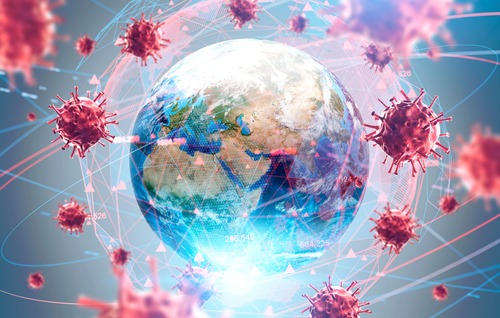
This week, the World Health Assembly announced that it intends to jumpstart a process to draft and negotiate a global agreement to strengthen pandemic prevention, preparedness, and response.
The decision came with the ongoing — and evolving — COVID-19 pandemic firmly in mind and will utilize tools provided by the Constitution of the World Health Organization (WHO). It followed the Health Assembly’s second-ever Special Session, titled The World Together. As a result of that meeting, an intergovernmental negotiating body (INB) has been created to draft and negotiate a WHO convention, agreement, or other international instrument on this matter.
“The COVID-19 pandemic has shone a light on the many flaws in the global system to protect people from pandemics: the most vulnerable people going without vaccines; health workers without needed equipment to perform their life-saving work; and ‘me-first’ approaches that stymie the global solidarity needed to deal with a global threat,” Dr. Tedros Adhanom Ghebreyesus, WHO Director-General, said. “But at the same time, we have seen inspiring demonstrations of scientific and political collaboration, from the rapid development of vaccines, to today’s commitment by countries to negotiate a global accord that will help to keep future generations safer from the impacts of pandemics.”
As authorized under Article 19 of the WHO Constitution, the World Health Assembly has the power to adopt agreements on any matter within WHO’s purview. Until now, the only agreement so adopted was the WHO Framework Convention on Tobacco Control in 2005.
The new INB will hold its first meeting no later than March 1, 2022, during which it will establish timelines and means of operation. A second meeting will follow by Aug. 1, 2022, during which participants will dive into the development of an actual draft. Public hearings will follow, and the World Health Assembly will expect a progress report sometime in 2023. The outcome of its deliberations is expected in 2024.
Alongside the formation of the INB, the World Health Assembly also requested that the WHO Director-General convene INB meetings, get other United Nations system bodies, non-state organizations, and other relevant stakeholders involved, and provide general support for the new body’s work. For his part, Adhanom Ghebreyesus called the moment historic and vital — and a chance to strengthen the global health architecture to better protect all people.




